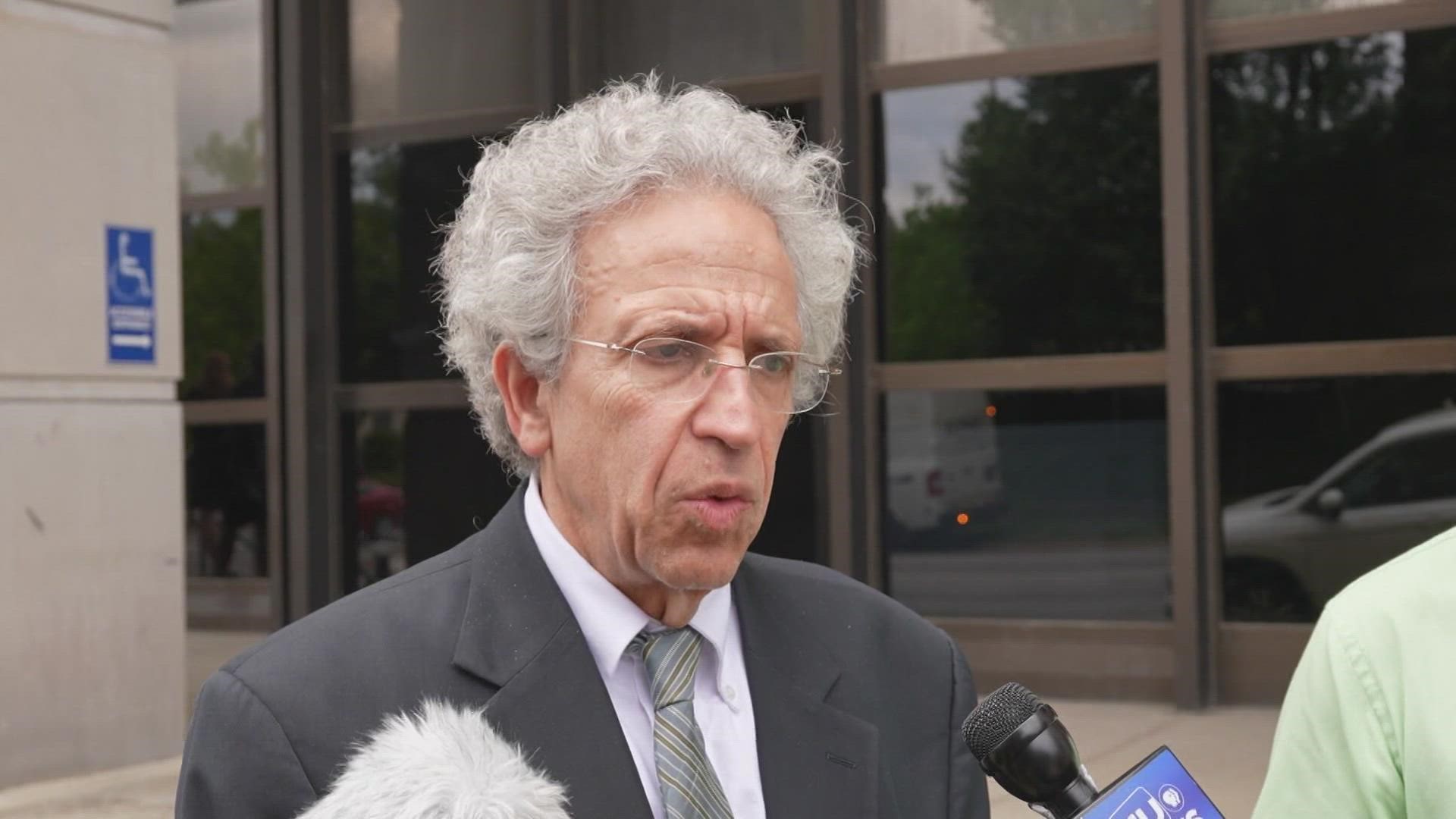INDIANAPOLIS — The state of Indiana and the ACLU went head-to-head Monday afternoon over Indiana's new abortion ban.
After hearing about an hour of arguments, the judge decided not to make an immediate decision.
Planned Parenthood and other abortion clinics are asking a judge to stop the ban from remaining in effect. In court documents, the ACLU, representing the abortion clinics, argued the new law violates the state constitution and a right to privacy, is vague and discriminates against the clinics.
Monday, the ACLU walked back its vagueness argument, but continued with the others.
Ken Falk, the legal director of the ALCU of Indiana, focused on the belief that the new law "goes too far" and "harms women.” He argued the law takes away autonomy, puts some women's health in danger and makes abortions more expensive by moving them to hospitals.
"I think our main takeaway is that women have a right to privacy that includes abortion rights and that the Legislature has taken away a very fundamental right away from women,” Falk said after the hearing.
Indiana Solicitor General Tom Fisher argued "unborn children will literally die" without this law, going on to say the Legislature has the ability to limit actions that may harm others.
RELATED: Lawmakers, doctors concerned crisis pregnancy centers will expand under Indiana's abortion ban
Fisher also made the argument that the privacy argument is too broad, at one point seeming to compare abortion with drug use, prostitution and even revenge porn.
“The point is, the right that the plaintiffs are demanding have no limits,” he said when asked to clarify. “Today it's abortion, tomorrow it's something else. And regardless of what one thinks about abortion, the question is, 'Is there anything that’s not protected by the point the plaintiffs are claiming?' They talk about the right to privacy, but that’s not mentioned in the Constitution and has no meaningful boundaries or meaningful content.”
During their arguments, Judge Kelsey Hanlon asked the two sides to answer three main questions.
She asked if granting the preliminary injunction was an overstep that took power away from the Legislature. Falk argued no. In this case, he said, “If the Legislature wants to take another crack at it that’s fine” but argued the current law went “simply too far.”
Hanlon asked the state twice if it thought the Legislature had the right to eliminate the rape and incest exceptions in the current law. Fisher said he thought the Legislature had that right.
However, he didn’t quite answer her question if the Legislature had the power to limit access to contraception.
Fisher spoke further about the issue with news reporters after the hearing.
“Well, as I told the judge, it's a different question,” he said. “Because we always have to ask, ‘What is the legitimate purpose of the legislation?’ no matter what we’re talking about. And with abortion, it’s clear. The purpose of the legislation, which is not only legitimate, but compelling, is to save human lives. To save the lives of the unborn, but that's not what we're talking about, talking about oral contraception as the judge asked.”
After the hearing, the judge thanked both sides for their written and oral arguments, reporting she would make a decision “expeditiously.”
The hearing was streamed live, but was not allowed to be recorded or rebroadcast.

